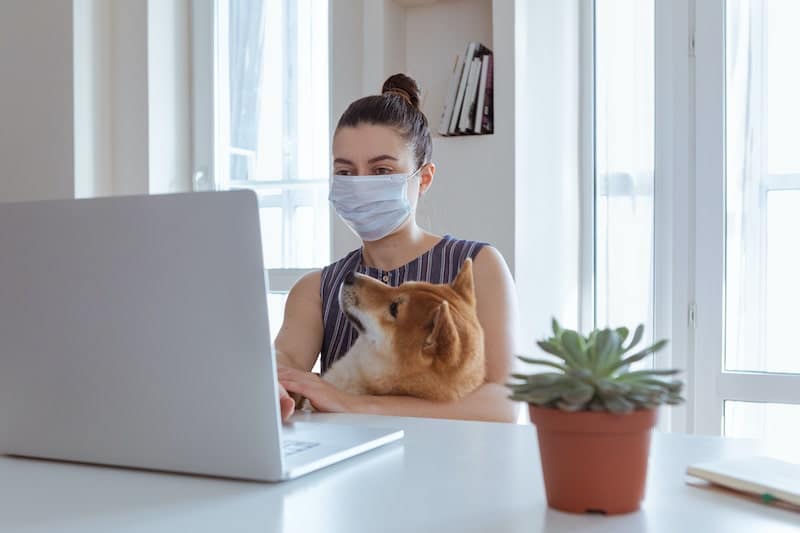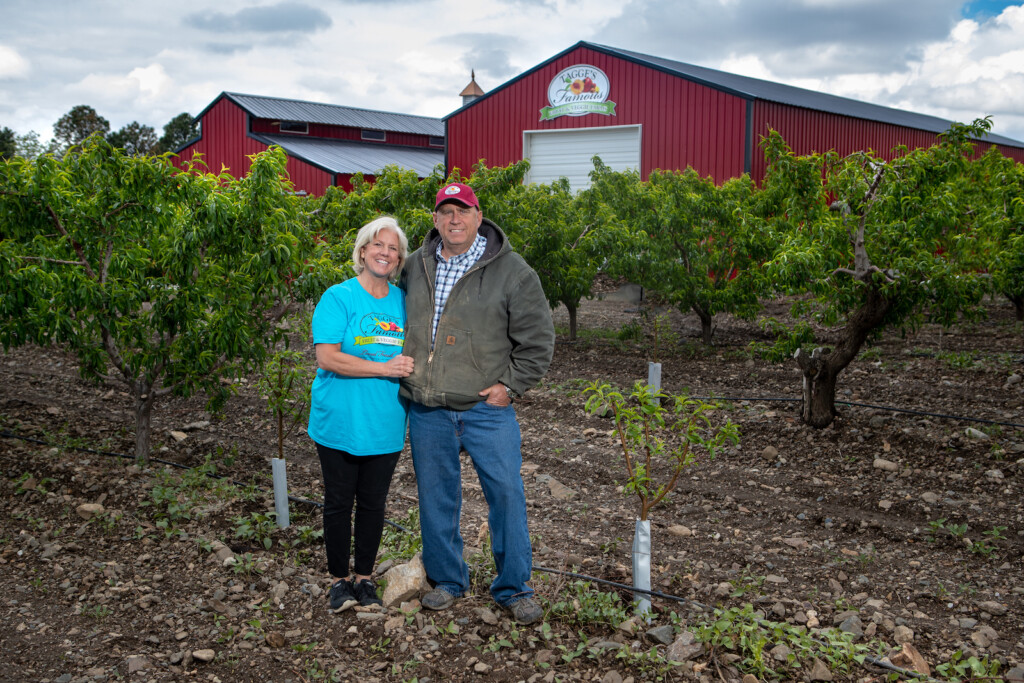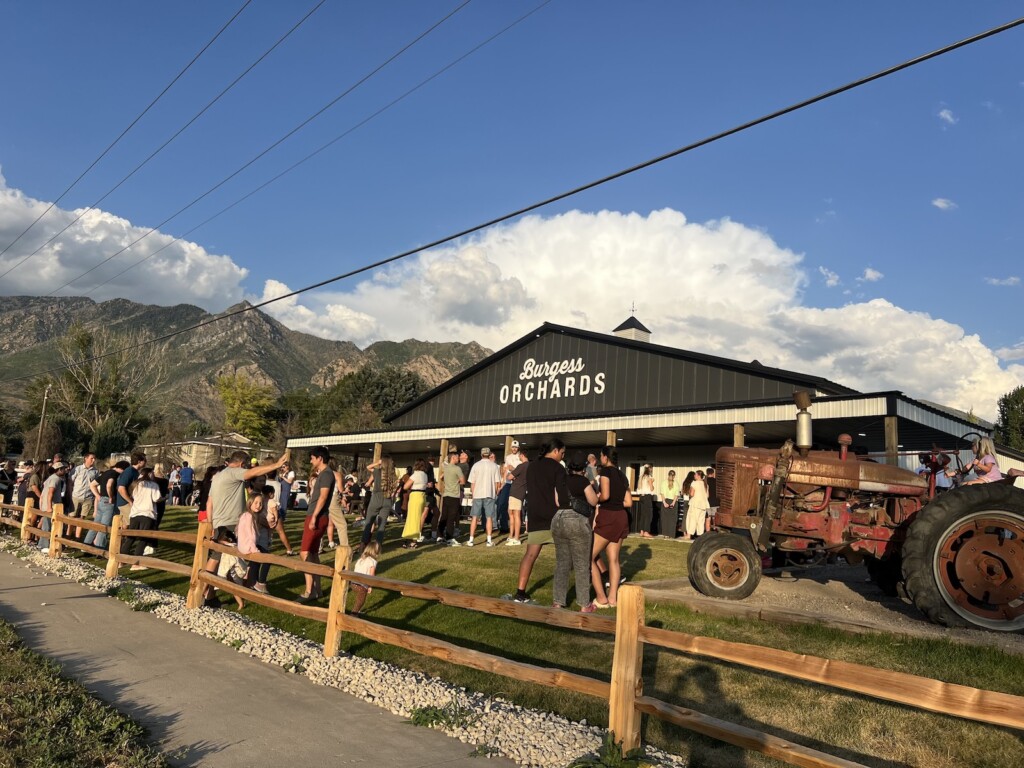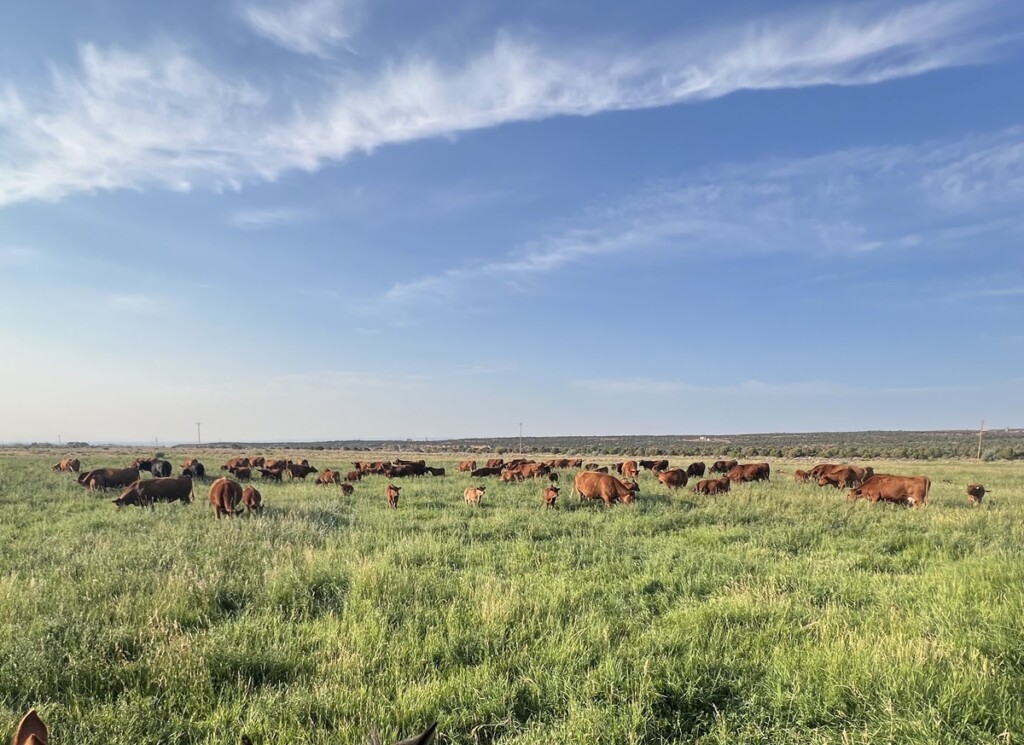
The COVID-19 Pandemic affected our communities in drastic ways, and many are having trouble reintegrating themselves into this ‘new normal’
When Russell Aaron began a new job in January 2020, challenges due to his autism spectrum disorder made it difficult for him to go into the office five days per week.
“Russell is directionally and visually challenged,” said Aaron’s mother, Marie. “He is sensitive to noise, has challenges sleeping, and has anxiety driving a car. These things made going into the office difficult for him.”
When the COVID-19 Pandemic emerged in March 2020, Aaron was able to begin working remotely, and many of his fears and anxieties were put at ease.
“Working remotely was a great blessing as his job performance improved,” said Marie. “The time saved from commuting to work allowed more time to rest, exercise, and eat healthier. Instead of catching the bus to and from work, he could catch an extra hour of sleep and enjoy meals without rushing.”
In December 2022, Aaron’s company announced that their employees would be required to work in-office twice per week.
Aaron is discouraged by his company’s decision to require in-office work and feels it may impact his mental health and his ability to perform his job at the level he was performing remotely.
“I work an insurmountable amount better from home,” said Aaron. “There’s less distraction, more rest, and accommodation.”
Aaron’s story is similar to many who have found that effects of the COVID-19 Pandemic have taken a toll on their mental health.
“A number of my clients are having a hard time re-integrating into society,” said therapist Nathan Watkins. “A few of my clients are having a hard time even getting to the grocery store. There’s a general worry about confrontation, germs, and disease. There are a lot of uncertainties and things people are uncomfortable with.”
These uncertainties and concerns are causing some to look for remote work in order to avoid the uncomfortable re-adaptation into a post-COVID society.
“Many of my really anxious clients are looking for remote work,” said Watkins. “We’ll see a development in OCD or anxiety patterns where the person avoids things they’re uncomfortable with. The avoidances start to cause them distress and they seek therapy.”
Therapists at Wasatch Family Therapy discovered that, for some, the Pandemic added to anxieties they already had, and brought certain behaviors to the surface. As these behaviors come to the surface, the person finds a need to enroll in therapy to address these issues that COVID-19 brought to light.
“Navigating relationships during COVID-19 brought lots of knowledge about things that were working and things that weren’t,” said Watkins. “Looking at our numbers, we went from having 80 to 100 new-client inquiries a month in 2019, to 250 in 2020, and now we’re averaging 350-400 per month.”
This influx of clients, along with a therapist shortage in Utah, has led to longer wait times for those who are seeking to begin therapy.
“I think there’s a culmination of a therapist shortage and the COVID-19 Pandemic,” said Watkins. “Utah was short a few thousand therapists in 2015, so there was already a deficit. Then, we had a huge 2020 population bloom in Utah, and now COVID-19 hits and everyone is seeking mental health resources. It’s hard to catch up once you’re already behind.”
Right now, the waitlists at therapy centers are a few weeks long, but Watkins encouraged potential clients to not be discouraged by the longer-than-usual wait times and to take the necessary steps to find a therapist that is a good fit.
“I think therapy is always a great reference for anyone,” said Watkins. “Talk to your friends and family and see who they recommend. Often a recommendation leads to a better fit for the client.
Watkins recommends resources like therapy blogs, the book No Bad Parts by Dr. Richard Schwartz, and the Evoke podcast to those looking to begin their therapy journey sooner than an office visit may allow.
“It’s really hard to reach out when we’re feeling low,” said Watkins. “The first step is always the hardest. Reach out to therapists. Don’t give up. Keep trying to find a solution. When it happens, it happens and it feels good.”
RELATED CONTENT
Homeless Population Forces Prominent Business to Leave Downtown Salt Lake City
SUPPORT LOCAL JOURNALISM AND SUBSCRIBE TO PRINT MAGAZINE
Subscribe to Utah Stories weekly newsletter and get our stories directly to your inbox





